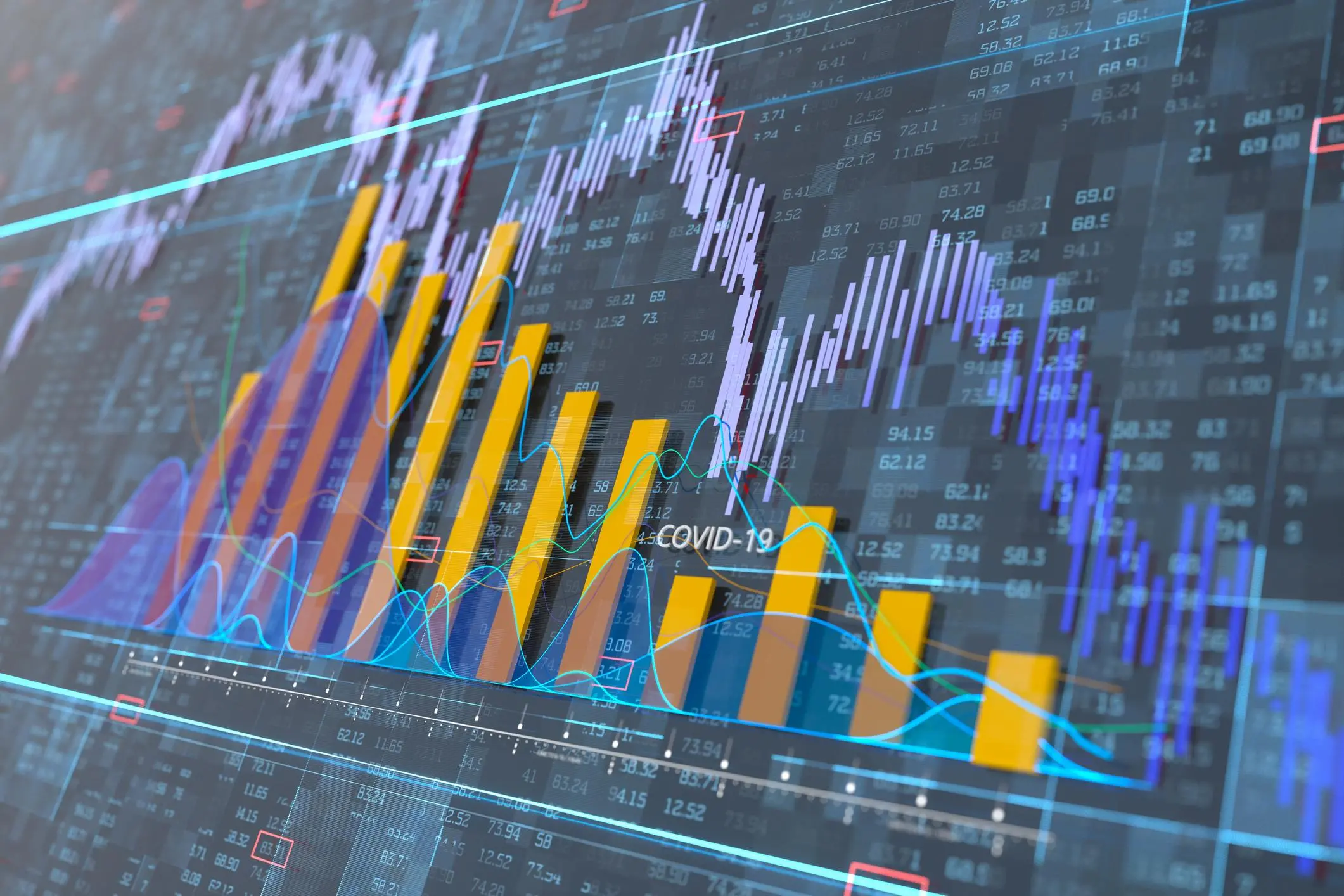PHOTO
The COVID-19 pandemic has had a massive impact on economies around the world, but for the countries of the GCC, a collapse in oil prices has added to the malaise. The non-oil sectors of GCC economies, particularly tourism and real estate, are struggling too, confounding governments’ efforts to diversify their economies beyond oil.
Deficits have been widely forecast for 2020 across the Middle East, with economies likely to face massive challenges. However, most GCC governments possess the financial strength to withstand the crisis, and substantial emergency economic support packages have been put forward by each of the Council’s six members.
The number of COVID-19 cases worldwide has passed 30 million, with most deaths to date concentrated in Western Europe and the United States. Deaths in these countries have declined since the peak of the pandemic in April, and the economies are slowly beginning to emerge from lockdown, but the risk of a second spike remains real and some areas are re-imposing lockdown measures. The path to economic recovery will depend first and foremost on these countries defeating the virus without any new peaks in cases and fatalities while other countries continue to resist similarly catastrophic death rates. Cases are, however, growing rapidly in some areas, particularly Latin America. The IMF has forecast that global cumulative losses from the coronavirus could total $9 trillion across 2020 and 2021.
The global lockdown also slashed travel and transportation levels, and with it the demand for oil. Negotiations between OPEC members and allies broke down, and Brent crude crashed from $57.94/bbl on February 21 to as low as $19.33 on April 21. However, bargain-basement prices are in none of the oil producers’ interests, so Saudi Arabia and Russia struck a deal in April that helped Brent crude make some gains, sitting around $42.00 as of September 17. However, a full recovery is not expected for some time.
SHARIAH-COMPLIANT EQUITIES SHOWING STRONG RESILIENCE
The economic impact of the coronavirus pandemic saw global stock markets record their steepest-ever falls in February and March. Malaysia has recovered better than most, with its key index down just 6 percent from its initial tumble in mid-February, supported by still-strong household consumption; it even recorded a small growth in GDP over the first quarter. Growth tumbled to −17.1 percent in the second quarter compared to the same period a year before, though this was an improvement from the on-year decline of 28.6 percent recorded in April.
Shariah-compliant equities have outperformed their conventional counterparts since global markets nosedived in February. The dollar-denominated S&P Global Broad Market Index, which measures the performance of 11,000 companies across 46 countries, dropped 34 percent over the month after February 21 before recovering to the level it started the year with as of September 16. By contrast, the S&P Global BMI Shariah, covering Shariah-compliant small-to-large-cap stocks across 48 countries, tumbled 30 percent before recovering to 12.5 percent by September 16.
This trend has been evident in all markets and across both developed and emerging economies. Part of the outperformance can be attributed to the fact that Islamic equity indexes are more heavily weighted in healthcare and information technology stocks, which have both performed relatively strongly during the crisis, while financials, which are under-represented in Islamic indexes, have heavily underperformed.
COMMODITIES BATTERED, ALTHOUGH GOLD WEATHERS STORM
Islamic investors have long used trade in metals such as copper and aluminium to underpin financial deals in line with Shariah law, where returns must stem from real economic activity, such as trade in tangible goods. Commodity prices were initially battered by the COVID-19 pandemic but have since risen strongly, particularly copper, on the back of the recovery in Chinese demand flowing from the government’s stimulus package as well as dollar weakness, cyclical stockpiling and speculative interest.
Gold initially followed a similar trajectory, dropping 7 percent between the beginning of February and March 19 before surging to 24.3 percent by September 16 from its February opening. Similarly, silver plummeted 33 percent between February 1 and March 18, but by September 16 it had recovered to 54 percent.
Just as investors have shied away from riskier markets towards safe havens, they have also fled the currencies of emerging markets, particularly those whose economies rely heavily on exports, commodities and tourism. The Malaysian ringgit weakened over the first quarter as foreign capital fled to the US dollar and Treasuries. The dollar rose 6.5 percent against the ringgit during the quarter. Similarly, heavy capital outflows pushed the Indonesian rupiah to more than 16,600 to the dollar, a level not seen since the financial crisis. Lower currencies will, however, assist exporting countries such as Malaysia and Indonesia in their recovery.
ISLAMIC FINANCE’S ROLE IN THE RECOVERY
The main economic concerns coming out of the crisis will be government debt levels, the health of the corporate sector, and the health of the financial system. Although banks entered this crisis in good shape thanks to the financial buffers built up since the financial crisis of 2008–9, balance sheets may not be quite so strong once we come out of it. Credit conditions can be expected to remain difficult at least until the end of this year.
Islamic finance will be needed to support the economic recovery, and Islamic finance’s inherent role in supporting the real sector will be vital to save and grow small and medium-sized enterprises, many of which are especially vulnerable to financial collapse.
(This article is provided by the Islamic Finance team of Refinitiv based in Bahrain; editing by Seban Scaria)
Disclaimer: This article is provided for informational purposes only. The content does not provide tax, legal or investment advice or opinion regarding the suitability, value or profitability of any particular security, portfolio or investment strategy. Read our full disclaimer policy here.
© ZAWYA 2020





















